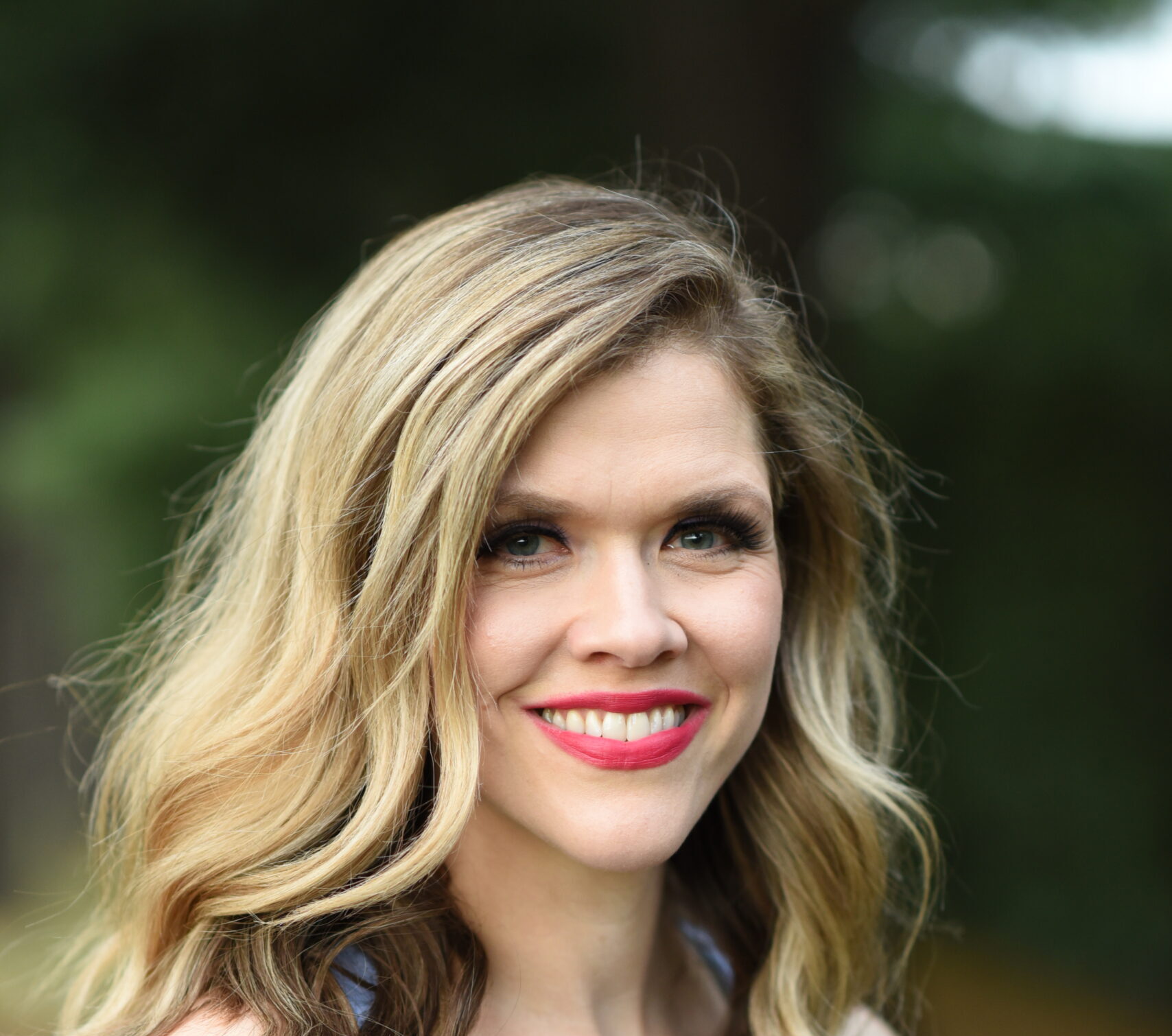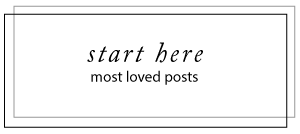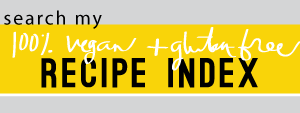Bear with me. Sometimes I find several topics colliding in my brain that somehow all work together, which is the case with this post. So I hope you can follow my train of thought as I discuss how to determine if soy is a health food, why dairy is never a good idea (especially in formula), and how to become a better consumer of health information.
The previous post invited interesting comments about the detriments of soy, particularly soy-based infant formula. Rather than respond in the comment section of that post, I will do so here as this issue deserves a bit more discussion and thought.
As much as it flatters me that a few people actually read this blog, I want to make it clear that my intent is not to gain followers of my personal opinions. I don’t want you to simply take my word for it. Nay, that would be so anti-English teacher of me (my original professional path).
Critical health decisions should not be made based on someones opinion (like mine!), storytelling, or hearsay. You shouldn’t make choices about your health based on one source either. Check your sources, which should be many. Choices, specifically choices as personal and important as ones relating to you and your family’s health and well being, should not be made based on the sole recommendation of one pediatrician, one neighbor, a friend, your sister, a book you read, a blog post you read about (again, including mine!), a magazine article, an advertisement. You get the picture.
If nothing else, I hope that reading my blog piques your interest and motivates you to learn more about the topics I discuss. Hopefully you feel the urge to read some books and do your own research about what dietary and lifestyle choices are best and then make some positive changes because of this knowledge.
The Individual
Of late, the state of health care in the U.S. has been a huge talking point in the media and politics. The truth is, the government is not going to make you and me healthy people. Your doctor is not going to make you healthy. And it’s not even your spouse or mother who will ensure your good health. It’s you, yourself, and I. The individual. That’s what it boils down to, individual responsibility. Taking back our health is a personal decision, one that lies in lap of each person to decide–will I become a helpless victim or an empowered and educated person, able to navigate through the muck and nutritional/health misinformation and make informed decisions about my health?
One example of murky waters is this issue of soy. Soy is harmful! Soy prevents against cancer! The headlines go on and on about the many benefits or, conversely, the many dangers of soy. What to believe? The way to become a discerning consumer of health information is to stick with facts, stick with the science. Just to be clear, storytelling, hearsay, advertising, and personal opinions are often interesting, and even compelling, but they do not constitute facts or sound science.
Learning how to distinguish between “good” and “bad” research and claims is paramount.
An article in the Journal of Nutrition entitled, “Interpreting Epidemiological Studies of Diet-Disease Relationships,” sheds some helpful light on the issue:
[In order for a particular food, or dietary factor] to be considered causal, an
association between a specific dietary factor and disease occurrence should be
observed consistently across a number of population based studies, conducted by
different research groups & different settings. Conclusions cannot generally be drawn from a single study.
In other words, when attempting to interpret a statement about a particular food, ask yourself, “Has this relationship or association been observed consistently across a number of population based studies, preformed by different research groups in different settings?” If the answer is no, chances are the relationship or association hasn’t a leg to stand on, because conclusions, as stated above, cannot be drawn from a single, or even a few studies, especially when those studies are either not population based (drawn from the general population) and/or performed by only one or research groups in one or two settings. A single study, done by John Hopkins University (one of the foremost universities in the field of research), for example, as prestigious as the university may be, is not to be taken as the end all, be all in terms of conclusiveness. It’s simply ONE study, which may be interesting, and provoke further investigation of a particular theory, but one study simply is not enough in order to determine casual relationships, particularly as it pertains to diet.
The Soy Dilemma
So let’s apply what we have been talking about here to the soy dilemma.
There are dozens and dozens of large population studies done by several different research groups showing the causal relationship between protein intake and cancer.
One study, preformed as part of the China Project, took two groups of rats. Both groups were fed equal amounts of the toxin, aflatoxin, a known carcinogen. Group A was fed a low protein diet (5% of total calories) while group B was fed a high protein diet (20% of total calories). Group A had little or no tumor growth, while group B had very high tumor growth. By 100 weeks, all of the rats in group B were dead, while the rats in Group A were active, with shiny coats of hair. The researchers found, that they could literally turn the tumor growth off and on through the amounts of protein fed to these rats. Low-protein diets turned off tumor growth. High-protein diets turned on tumor growth.
How does all of this relate to soy? The animal protein fed to these rats was organic milk protein. When plant based protein (from soy and wheat) was used in the high protein diet, tumor growth was not affected, meaning soy and wheat protein did not act as carcinogens, or cancer promoters. I think this piece of information is significant, especially when deciding to use soy formula or cow’s milk formula when feeding infants. Milk protein was shown to be a carcinogen, while soy was not.
Now this is simply one study. But there are many others that reflect poorly on dairy products and link milk consumption with a myriad of other undesirable health conditions, such as diabetes, heart disease, ect.
Resources
The following is a list of resources that are helpful to consider when weighing the issue of soy and deciding whether or not to feed your child dairy foods.
[Note: references to the medical and scientific literature are typically cited in the footnotes in articles]
- Are Soy Products Healthful? By Dr. Joel Furhman
- Infant, Toddler, and Children’s Diets, particularly as it relates to vegetarians/vegans, http://www.pcrm.org/
- All About the Soy Issue, a compilation of resources by Colleen Patrick-Goudreau
- A study regarding the safety of soy formula, by Jack Norris, R.D.
- Several soy articles, http://www.veganhealth.org/
- Pregnancy, Infancy, and Children Nutrition, specifically for vegans
My Take
After studying the issue myself, this is my take on it.
I believe that the optimal way to eat is with a low fat, varied, whole foods plant-based diet. Therefore, no one particular food/substance/supplement is going to ensure health. It’s the overall make-up of one’s diet that is most important. Simply replacing the meat from the standard American fare with soy foods isn’t what I’m talking about when I say plant-based diet. That’s sort of missing the point, and you effectively become a “soy-tarian.” However, whole soy foods (organic, non-GMO) such as tempeh, tamari, edamame, and tofu, foods that have been consumed by very healthy populations overall, like the Japanese and in many Asian countries for thousands and thousands of years, can be part of a an interesting and healthful, varied diet. I think soy is no miracle food, neither is it dangerous as some suggest. Processed and refined soy foods are not ideal, and definitely should play a very marginal role in one’s diet, as any refined, or non-whole food should. And soybean oil, well it’s an oil, and you know how I feel about those.
The biggest proponents of the anti-soy movement are not scientific researchers but rather spokespeople who have close ties with the Weston A. Price Foundation, an organization that promotes a diet high in saturated fat and dietary cholesterol, as raw milk, butter, eggs, beef and other animal foods are staples of this diet. This is something to also consider. Additionally, whenever I hear about soy being harmful, I never get much in the way of specifics. Usually it has something to do with the estrogen levels (which estrogen, is present in many other plant foods, legumes especially). How exactly is it harmful? What does it do? Where’s the research to back this up?
All this aside, by no means do you have to consume soy products to be vegan. Whole soy foods are an excellent source of complete proteins and essential fats (omega-3’s), contain fiber, free from cholesterol, and as a general rule, are an inexpensive alternative to animal protein. However, if you don’t like soy, don’t eat it. If you’re scared of soy, don’t have to eat it. If you’re allergic or if you can’t cook it, you guessed it, don’t to eat it! Soybeans are one of the many hundreds of plant foods out there to choose from. Yes, they are versital, fun little beans, but not necessarily essential for optimal health.
When it comes to infant formula, to tie this all back to the original discussion about recommending soy formula over dairy based formula, I believe there is so much more evidence mounted against cow’s milk (even organic cow’s milk, which may be free of hormones and antibiotics, but still contains carcinogenic casein protein) than soy foods/soy formula. I think it’s much too risky to take a chance with your child’s health and give them as their main source of food a substance that has a proven track record of being linked with such things as juvienille diabetes (a disease that is NOT reversible).
Further, infants have very specific nutritional needs. If breast milk is not available, to simply give them solid foods after 6 months is tricky because unless the diet is extremely well planned, it is nearly impossible to make sure they are getting the nutrients they need for proper growth in the right amounts and in the right combinations. I suppose this further solidifies what I said in the previous post: Breast milk is by far the best and nothing can really compare. If you cannot give your child breast milk, based on my research, a soy-based formula is the next best option.
Don’t take my word for it.
Do your own research, and make your own, informed decision.



Comments